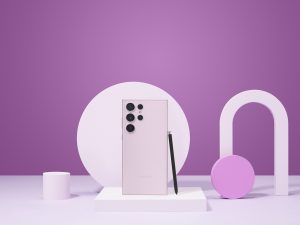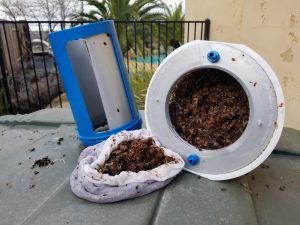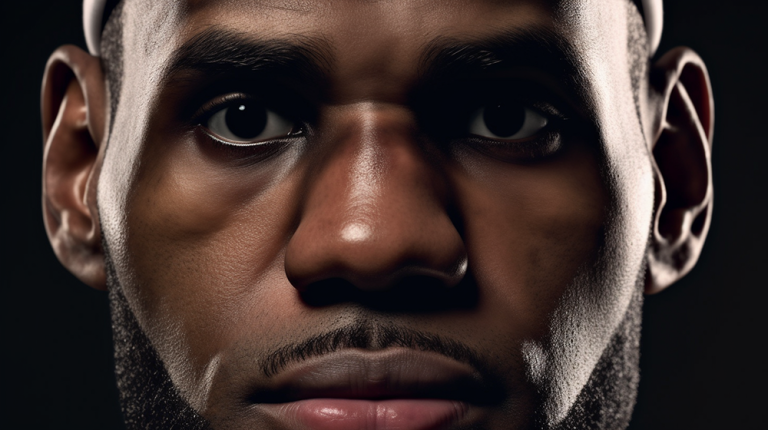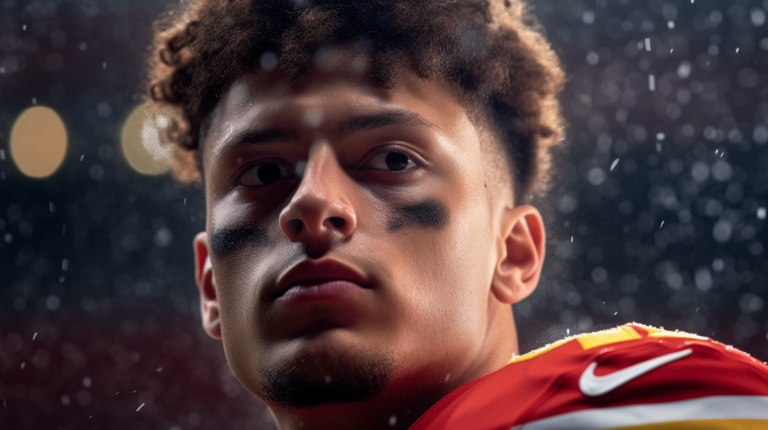This week has been full of interesting news surrounding Nintendo’s approach to indie games, especially high profile games like Axiom Verge. Dan Adelman has publicly stated that the game has been ready since launch and he’s just waiting for the green light from Nintendo to announce the Nintendo Switch version, but something on Nintendo’s end is keeping that from happening.
Yesterday, we speculated that perhaps Nintendo is holding a grudge against Dan Adelman, since he used to be the lead contact for indie developers at Nintendo. However, we think this problem could go a bit deeper than just a petty grudge between a company and a former employee.
NintendoLife published a new article today that details some anonymous indie developer’s experiences with the Nintendo eShop process and it does not paint a good picture.
I can’t stress enough who important it is that NintendoLife kept these indie developers anonymous, because the only way we’re going to get Nintendo to improve their relationship with developers without harming those who have had bad experiences is by airing these grievances. Here’s just a short excerpt of some comments that paint a startling picture when combined.
Anonymous Nindie #1
I’ve had a long-standing relationship with Nintendo for many years. We’ve gone out eating and drinking multiple times, and I consider many of them to be my friends. I’ve always brought my A game to Nintendo platforms and have been responsible for some of the highest rated games on their systems, so it had always been a good relationship. I reached out to them very early on back when the Switch was still called NX and people didn’t even know if it was a handheld or a console. It was a bit of a slap in the face that after all of the years of partnership, I would get very formal corporate responses to my emails.
Anonymous Nindie #2
There’s no doubt that Nintendo systems have been plagued by shovelware over the years. But Nintendo’s solution to this is broken. First, they’re being very inconsistent. Their stated policy is that they’re not allowing any ports. And yet, about half of the games are ports! Second, because the people in charge of making the decisions are marketing people with no experience on the development side, they don’t know how to evaluate games that are still in development. They look at a game that’s 20% complete and then they can’t extrapolate what it will be like after an additional year or two of development.
This one is particularly distressing to hear, since fully developed games are never going to approach a system with exclusivity. While I can understand Nintendo’s hesitance to end up with a situation that was generated by the likes of games like No Man’s Sky and Aliens: Colonial Marines, at some point you have to understand that games in development do look rough. 90% of polish for games don’t come until they’re nearly finished.
It sucks that indie devs are getting the run around when it comes to ports and the like, especially with dev kit access.
Getting a Wii U devkit took a week of work (basically nothing), while it was impossible to get our hands on a Switch. We had to go to a publisher for it. Our only other complaint is about under-communication.
Professionalism is there, there’s no doubt about it. But hardware access was way more painful than needed for sure, especially compared to Xbox One. Outside of that everything else makes sense and it’s in-line with industry standards.
With more developers describing their early communications with Nintendo, it’s seeming more and more like Nintendo has a specific direction they’re wanting to go but they’re leaving a lot of good games behind in the cracks due to their arbitrary “no ports” policy, which we’ve already seen as broken. In fact, Nintendo is breaking its own policy since Mario Kart 8 Deluxe is slated to debut on Switch this week and it’s a port of a Wii U game.
There’s plenty more to read about this situation if you’re interested, so be sure to check out the original article here. It’s worth a read.








